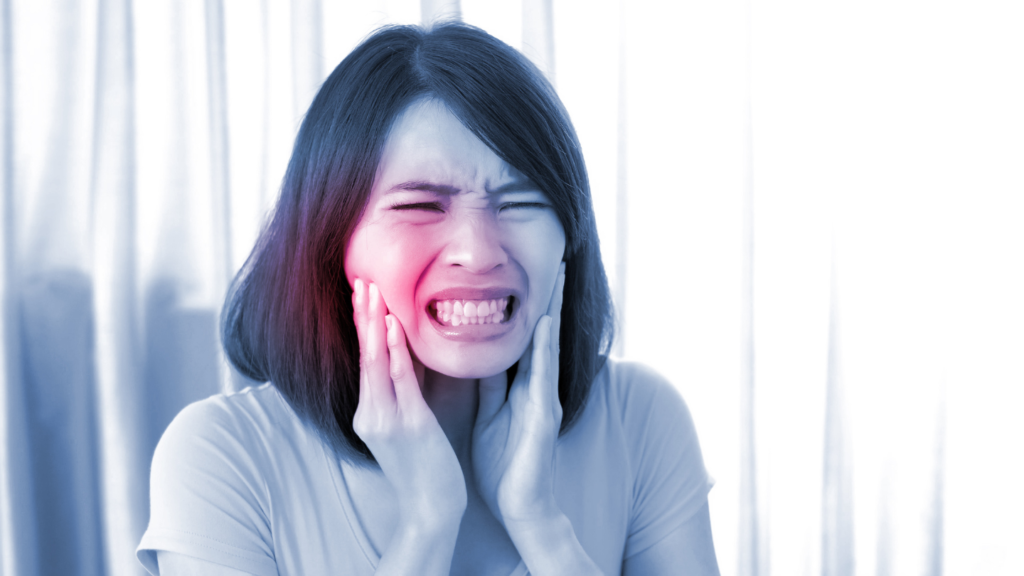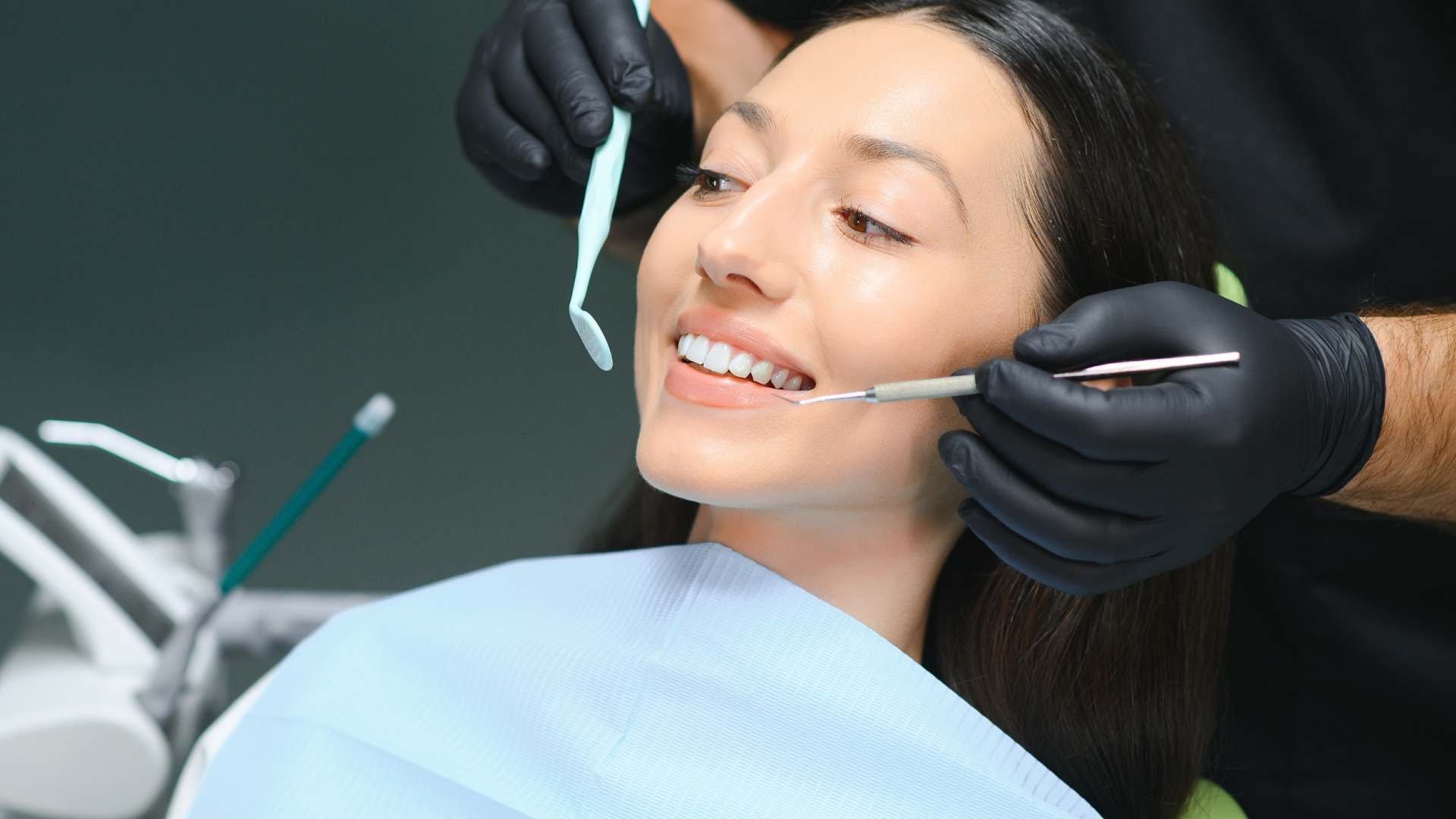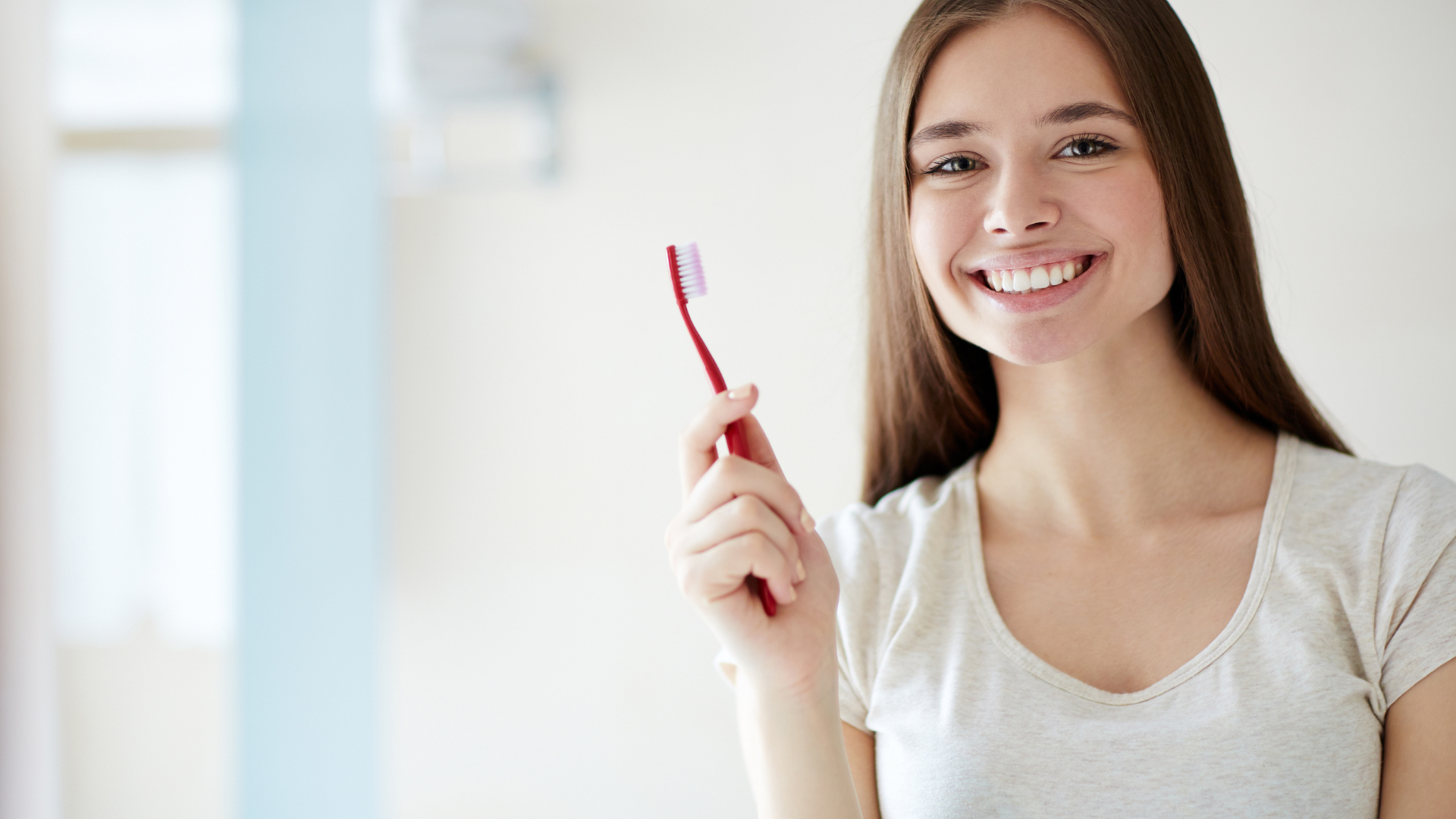Understanding Sensitivity After Teeth Cleaning

Common Causes of Tooth Sensitivity After Cleaning
Enamel Erosion
One of the primary reasons for tooth sensitivity after a dental cleaning is enamel erosion. Enamel is the hard, protective outer layer of your teeth, and when it wears down, it can expose the underlying dentin, leading to increased sensitivity. Factors contributing to enamel erosion include acidic foods, aggressive brushing, and certain medical conditions.
Gum Recession
Gum recession occurs when the gum tissue surrounding the teeth pulls back, exposing more of the tooth or its root. This can make your teeth more sensitive, especially after a cleaning. Gum recession can result from periodontal disease, improper brushing techniques, or even genetic factors.
Exposed Dentin
Dentin is the layer beneath the enamel that contains microscopic tubules leading to the tooth’s nerve center. When dentin becomes exposed due to enamel erosion or gum recession, these tubules allow stimuli such as hot, cold, or sweet substances to reach the nerves, causing sensitivity. After a dental cleaning, exposed dentin can become more noticeable, leading to discomfort.
Understanding the common causes of tooth sensitivity can help you take preventive measures and seek appropriate treatments to maintain your oral health.
The Role of Dental Instruments in Tooth Sensitivity
Scaling Tools
Scaling tools are essential for removing plaque and tartar from your teeth. However, their use can sometimes lead to temporary tooth sensitivity. These tools can expose the dentin layer beneath the enamel, which is more sensitive to temperature changes and certain foods.
Polishing Devices
Polishing devices help in smoothing the surface of your teeth, making them less likely to harbor bacteria. Despite their benefits, the friction generated during polishing can cause minor irritation to the tooth surface, leading to short-term sensitivity.
Ultrasonic Cleaners
Ultrasonic cleaners use high-frequency vibrations to dislodge plaque and tartar. While effective, these vibrations can sometimes cause discomfort, especially if your teeth are already sensitive. The intensity of the vibrations can make the teeth more susceptible to sensitivity for a short period after the cleaning.
It’s important to remember that any discomfort or sensitivity experienced after a dental cleaning is usually temporary and should subside within a few days. If the sensitivity persists, consult your dentist for further evaluation.
How Dental Cleanings Affect Your Gums
Inflammation and Irritation
After a dental cleaning, it’s common to experience some level of gum inflammation and irritation. This is typically due to the removal of plaque and tartar buildup, which can cause the gums to become temporarily sensitive. Family Dentistry professionals often reassure patients that this discomfort is usually short-lived.
Gum Health Improvement
Despite the initial discomfort, regular dental cleanings are crucial for maintaining healthy gums. By removing harmful bacteria and plaque, dental cleanings help prevent gum disease and promote overall oral health. Over time, patients will notice a significant improvement in their gum health.
Temporary Discomfort
It’s important to understand that any discomfort experienced after a dental cleaning is usually temporary. To alleviate this, patients can use over-the-counter pain relievers or rinse with warm salt water. If the discomfort persists, it’s advisable to consult with your Family Dentistry provider for further guidance.
Regular dental cleanings are essential for long-term gum health, even if they cause temporary discomfort.
Preventive Measures to Reduce Sensitivity
Using Desensitizing Toothpaste
One effective way to combat tooth sensitivity is by using desensitizing toothpaste. These specialized toothpastes contain compounds that help block the transmission of sensation from the tooth surface to the nerve. Regular use can significantly reduce discomfort.
Proper Brushing Techniques
Adopting proper brushing techniques is crucial for minimizing tooth sensitivity. Use a soft-bristled toothbrush and gentle, circular motions to clean your teeth. Avoid aggressive brushing, as it can wear down enamel and exacerbate sensitivity.
Regular Dental Check-ups
Routine dental check-ups are essential for maintaining oral health and preventing sensitivity. Your dentist can identify early signs of enamel erosion, gum recession, or other issues that may contribute to sensitivity. Early intervention can prevent more severe problems down the line.
Consistent oral care and professional guidance are key to managing and reducing tooth sensitivity effectively.
When to Consult Your Dentist About Sensitivity
Persistent Pain
If you experience tooth sensitivity that lingers for more than a few days after your dental cleaning, it may be time to consult your dentist. Persistent pain can be a sign of underlying issues that need professional attention. Don’t ignore prolonged discomfort, as it could indicate a more serious problem.
Signs of Infection
Be on the lookout for symptoms such as swelling, redness, or pus around your gums. These signs could point to an infection that requires immediate dental care. Ignoring these symptoms can lead to more severe complications, so it’s crucial to seek help from a dentist in Manhattan Beach, CA, if you notice any of these warning signs.
Professional Advice and Treatment
Sometimes, the best course of action is to get professional advice. Your dentist can provide tailored recommendations and treatments to alleviate your tooth sensitivity. They may suggest specific products or procedures that can help manage your discomfort effectively.
It’s always better to be proactive about your dental health. Consulting your dentist at the first sign of trouble can prevent minor issues from becoming major problems.
Home Remedies to Alleviate Tooth Sensitivity
Salt Water Rinse
A salt water rinse can be an effective way to reduce tooth sensitivity. Mix a teaspoon of salt in a glass of warm water and swish it around your mouth for about 30 seconds before spitting it out. This can help to reduce inflammation and kill bacteria, providing temporary relief.
Avoiding Acidic Foods
Consuming acidic foods and beverages can exacerbate tooth sensitivity. Try to limit your intake of citrus fruits, sodas, and other acidic items. Instead, opt for foods that are less likely to irritate your teeth, such as dairy products, vegetables, and lean proteins.
Using a Soft-Bristled Toothbrush
Switching to a soft-bristled toothbrush can make a significant difference in managing tooth sensitivity. Hard bristles can wear down enamel and irritate gums, leading to increased sensitivity. Choose a toothbrush labeled as “soft” or “extra soft” to ensure gentle cleaning.
Consistent oral hygiene practices can greatly reduce the discomfort associated with tooth sensitivity. Simple changes in your daily routine can lead to significant improvements in your dental health.
The Importance of Oral Hygiene Post-Cleaning
Maintaining Clean Teeth
After a dental cleaning, it’s crucial to maintain the cleanliness of your teeth to prevent plaque buildup and cavities. Regular brushing and flossing are essential to keep your teeth in top condition. Consider using a fluoride toothpaste to strengthen your enamel and protect against decay.
Flossing Regularly
Flossing is just as important as brushing. It helps remove food particles and plaque from areas that your toothbrush can’t reach. Make it a habit to floss at least once a day to maintain optimal oral health.
Hydrating Your Mouth
Keeping your mouth hydrated is vital for oral health. Drinking plenty of water helps wash away food particles and bacteria, reducing the risk of tooth decay and gum disease. Additionally, staying hydrated ensures that your mouth produces enough saliva, which is essential for neutralizing acids and protecting your teeth.
Frequently Asked Questions
Why do my teeth hurt after a dental cleaning?
Tooth sensitivity after a dental cleaning can be due to several factors, including enamel erosion, gum recession, and exposed dentin. The cleaning process can sometimes irritate these areas, leading to temporary discomfort.
How long does tooth sensitivity last after a dental cleaning?
Tooth sensitivity after a dental cleaning typically lasts for a few days to a week. If the sensitivity persists beyond this period, it’s advisable to consult your dentist.
Can dental instruments cause tooth sensitivity?
Yes, dental instruments such as scaling tools, polishing devices, and ultrasonic cleaners can contribute to tooth sensitivity, especially if the enamel or gums are already compromised.
What can I do to reduce tooth sensitivity after a cleaning?
Using desensitizing toothpaste, practicing proper brushing techniques, and maintaining regular dental check-ups can help reduce tooth sensitivity after a cleaning.
Are there home remedies to alleviate tooth sensitivity?
Yes, home remedies like rinsing with salt water, avoiding acidic foods, and using a soft-bristled toothbrush can help alleviate tooth sensitivity.
When should I see a dentist about tooth sensitivity?
You should consult your dentist if you experience persistent pain, signs of infection, or if home remedies and preventive measures do not alleviate the sensitivity.






